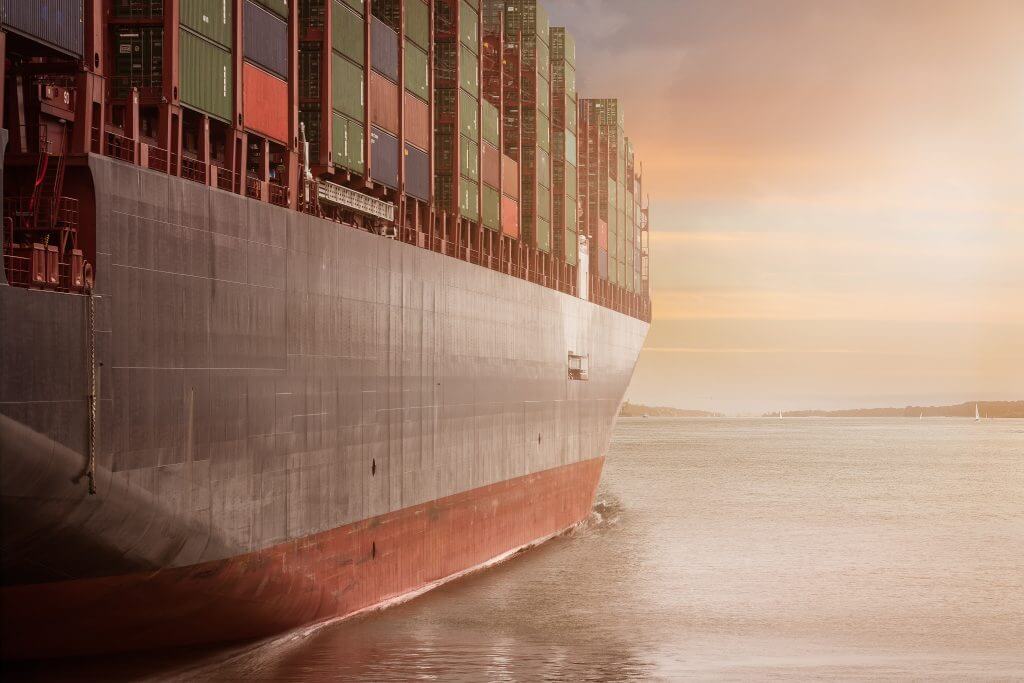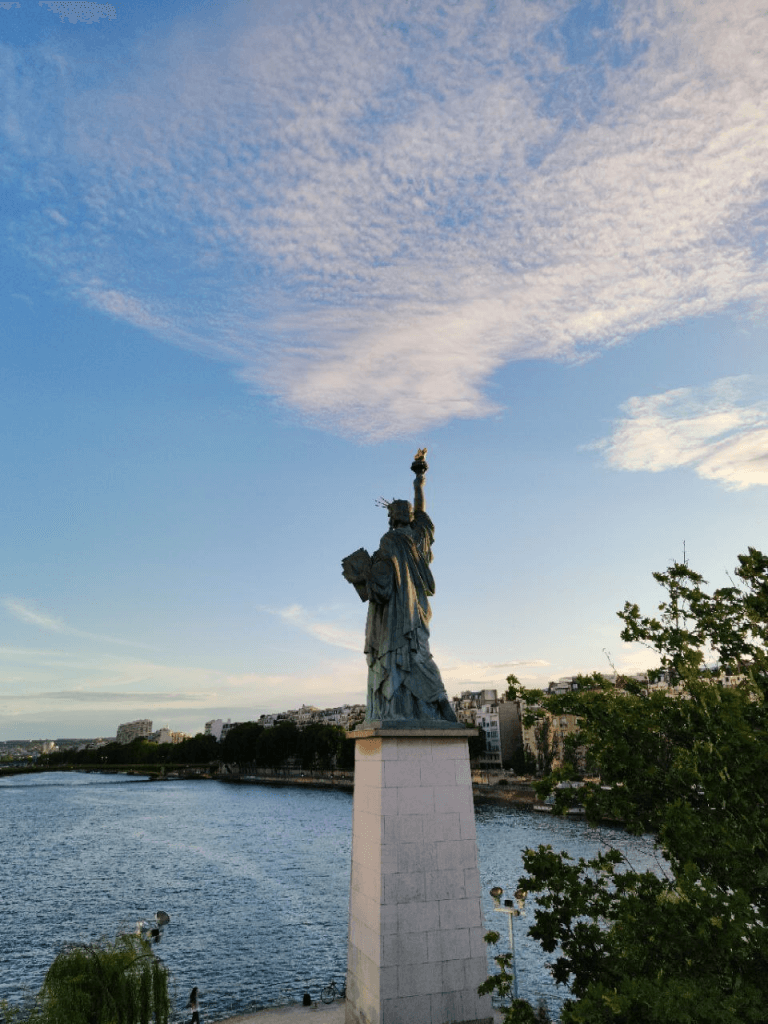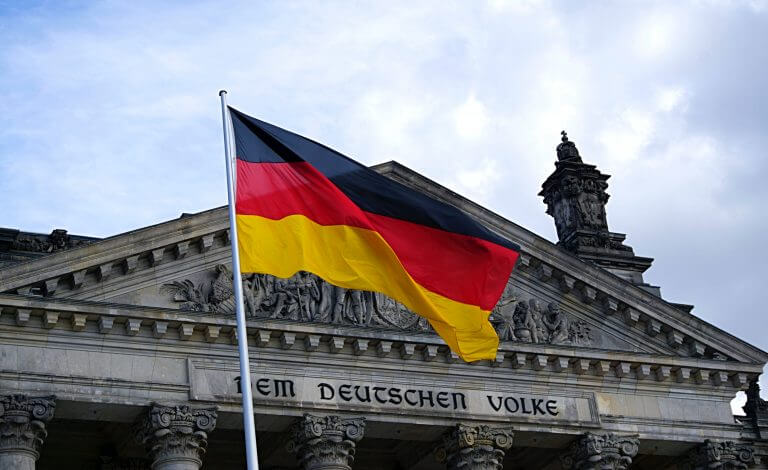
Tainted Spanish-Algerian relations: the search for a “Russian footprint” as a poor attempt at justification

The diplomatic conflict between Spain and Algeria, which arose through the criminal negligence of Pedro Sanchez’s government, could have extremely negative consequences for the Spanish economy. Initially, it appeared to stem from the controversy between Algeria and Morocco over the fate of Western Sahara, with which Spain has little connection, and would therefore have local and short-term significance for the country. However, later it became clear that it is a matter of the price and regularity of natural gas supplies, which over the past year has become a determining factor for every Spaniard from Madrid to Barcelona.
On June 8th, Algeria urgently suspended the treaty of friendship and good neighborliness over Spain’s position in Western Sahara. This happened because, on March 18th, the current Spanish government fully supported Morocco’s plan to grant Western Sahara autonomy within the African Kingdom. Algeria, which competes with the Moroccans in the region, has always insisted on the complete independence of Western Sahara as a separate state and is allied with local separatists from the Polisario front. Aside from the fact that Western Sahara was once a Spanish colony, it would matter little if Algeria was not a major supplier of natural gas to Spain.
Spain receives natural gas from 11 different countries, but supplies from Algeria account for about 55%. By comparison, about 13% come from France, 9% from Qatar, and 8% from Nigeria. The Spanish gas market is liberalized, giving consumers the right to freely choose their supplier and negotiate the price. However, in practice, it is not easy to find new suppliers. Moreover, the conflict with Algeria threatens to limit supply and, of course, to increase prices. Perhaps the reckless action of Spanish diplomacy was just the casus belli for Algeria to start a new gas game. Spain previously desired to resell Algerian gas to other countries in a bid to replace Russian gas and make money on it, but now the country faces the threat of total losses.
The price of gas is now the driving force behind price rises for all goods and services in Spain. For example, prices of food and non-alcoholic drinks rose by 11% in May 2022 when compared with the same period last year. Inflation in annual terms reached 8.7% in the same period. The government’s misguided diplomacy is not aimed at improving this situation.
On June 9th, Algeria announced that it had stopped all export and import operations with Spain following the denunciation of the friendship treaty. First of all, it was the sale of natural gas that was to be affected. Fortunately for the Spaniards, this turned out to be only a deterrent measure. The very next day, the government of the North African country said that it intended to continue fulfilling all its obligations concerning gas deliveries to Spain. However, the scandal itself has already allowed Algeria to make good money on rising blue fuel prices. The smallest of events influences its price rise. On the same day, spot gas prices in Europe rose because of a fire at a liquefied natural gas (LNG) plant in the USA. The value of July futures rose by 17%, with quotations surpassing $1050 per 1,000 cu m.

The Spanish government’s actions and statements against the backdrop of the “gas threat” seemed strange. In negotiations with Algeria, where Sanchez was the perpetrator of the conflict, he chose the path of force and threats. The Spanish government could not pause and wait for the Algerian position to soften. Rather, it turned to the EU leadership, which always supports the most unpopular and abnormal initiatives of the socialist prime minister. Officials from Brussels immediately warned Algeria that suspending the 2002 Treaty of Friendship, Good Neighborhood, and Cooperation with Spain would jeopardize its relations with the entire European Union (EU) and violate the EU Association Agreement.
Algeria is unlikely to forget this and will always be ready to stab Spain unexpectedly in the back. Even more egregious was the justification for Algeria’s actions by the EU. As with all previous problems, they were blamed on the war in Ukraine and Putin’s “evil plan”. Brussels believes that Russia’s hand was behind the measures taken by Algeria against Spain in recent days. Several sources in the EU leadership believe that Algeria made the decision not out of its objective interests, albeit very mercantile ones, but because President Abdelmajid Tebbun was recently visited by Venezuelan leader Maduro and Russian Foreign Minister Lavrov, who induced him to this “provocation”. The immaturity of Spanish and European Union public administrators in their judgement and actions suggests that Spain will not emerge from the energy and socio-economic crisis any time soon.

